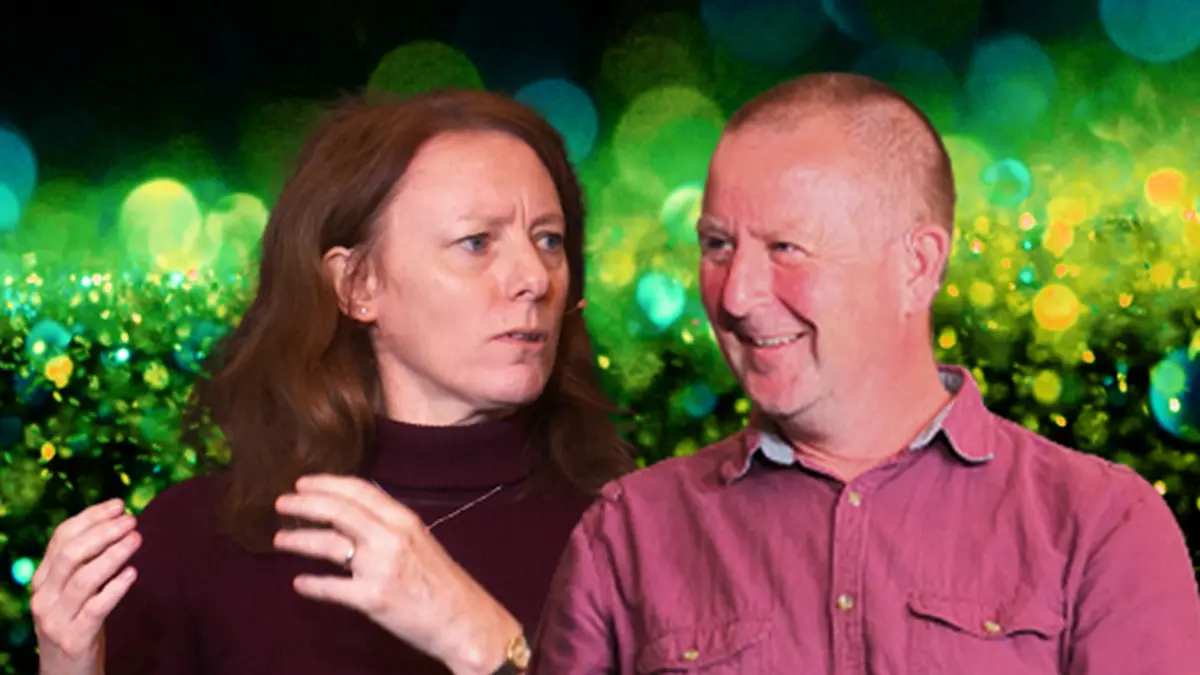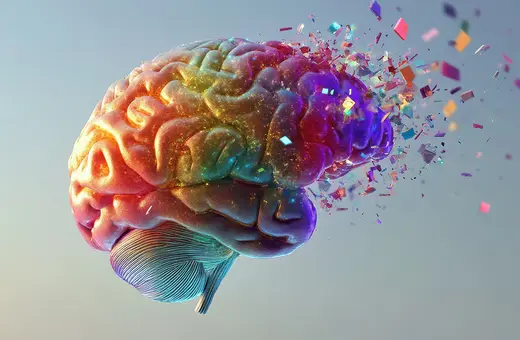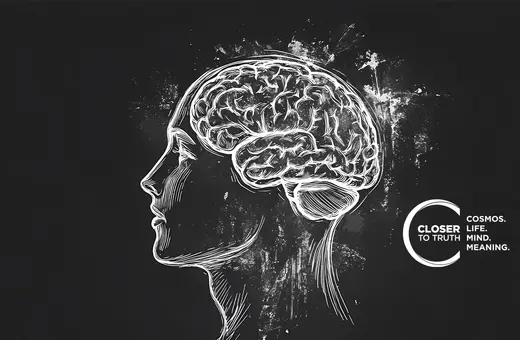When science tries to free its methods from the influence of political and ethical values, it pursues a dangerous fantasy. Or so claimed Kevin C. Elliott in yesterday’s IAI article. Today, Jacob Stegenga argues that, on the contrary, scientists should always strive to keep their research free of all values. While many areas of science, from medical research to cosmology, are full of uncertainty and controversy, scientists can use the scientific method to gradually strip away their prejudices, and thereby uncover the best models and interpretations of evidence. Far from actively deploying their values in their research, as Elliott advocates, scientists should do all they can to keep their politics and ethics out of their research.
This is part 2 of a 2-part series. Read part 1 here.
The value-free ideal for science
A traditional view about science is that ethical, social, or political values should not influence scientific reasoning. This is the value-free ideal for science. What makes science objective and hence trustworthy, according to this intuitive idea, is that the results of science are based on evidence and logic rather than preferences and desires. We can call defenders of this view the Traditionalists. In the last 25 years or so philosophers have raised sophisticated arguments challenging the value-free ideal. We can call this group of philosophers the Critics. Professor Kevin Elliott, the author of the companion essay, is an esteemed Critic. I am a Traditionalist.
The debate between the Traditionalists and the Critics is not merely academic. The stakes are high. In the 19th century, opposition to historical sciences such as geology and evolution was based on religious values. In the 20th century the Russian biologist Lysenko promoted his idiosyncratic brand of genetics because it seemed to align with Communist political values, and his agricultural policies killed millions of people as a result. Now, in the 21st century, pharmaceutical companies often skew their research due to their financial values. These are infamous examples, and what went wrong in each of them, argues the Traditionalist, is that they violated the value-free ideal.
SUGGESTED VIEWING Head to Head: Philosophy vs Science With Marika Taylor, Julian Baggini
Traditionalists and Critics agree that values influence the research questions that scientists ask. They agree that values influence how scientists carry out their research. They agree that values influence what technologies are developed from scientific research. And they agree that the influence of values on science must be managed, for example by limiting the impact of conflicts of interest or by adopting standardised methods. So there appears to be much agreement in the background of this debate. The debate is about whether values must or should influence the results of scientific reasoning itself. Traditionalists hold up the value-free ideal as an aim that science should strive for, and they hold that science at its best attains this aim, while Critics claim that “value-free science is a fantasy,” or a “myth,” as a previous contributor to IAI wrote. Who is right?
Science’s “timeless truths”
Some Traditionalists have, unfortunately, neglected the compelling arguments of the Critics. Any responsible view of science must contend with the important points raised in Prof. Elliott’s companion essay: in many contexts scientific methods are malleable, allowing a wide range of choices which influence results; scientists must decide how much confidence to convey in their assertions; errors can have practical consequences and scientists have a responsibility to consider those consequences. These are among the common considerations that convince the Critics.
___






















Join the conversation